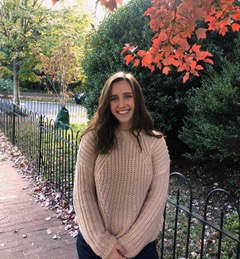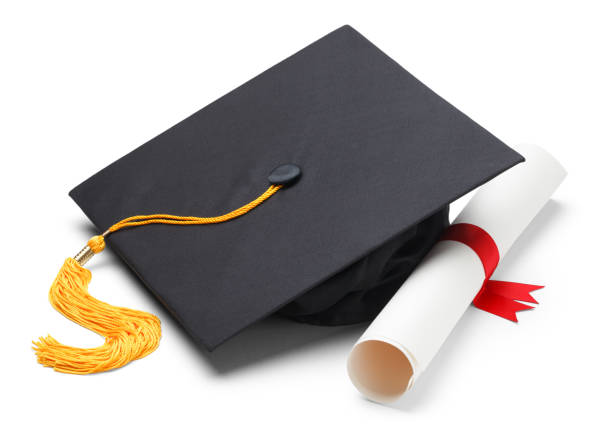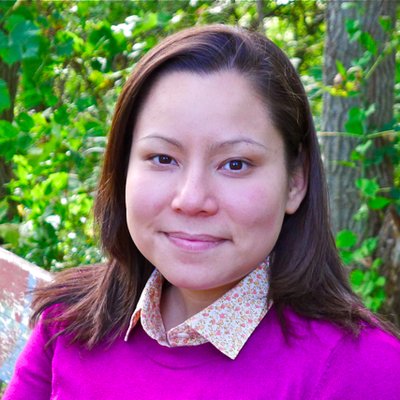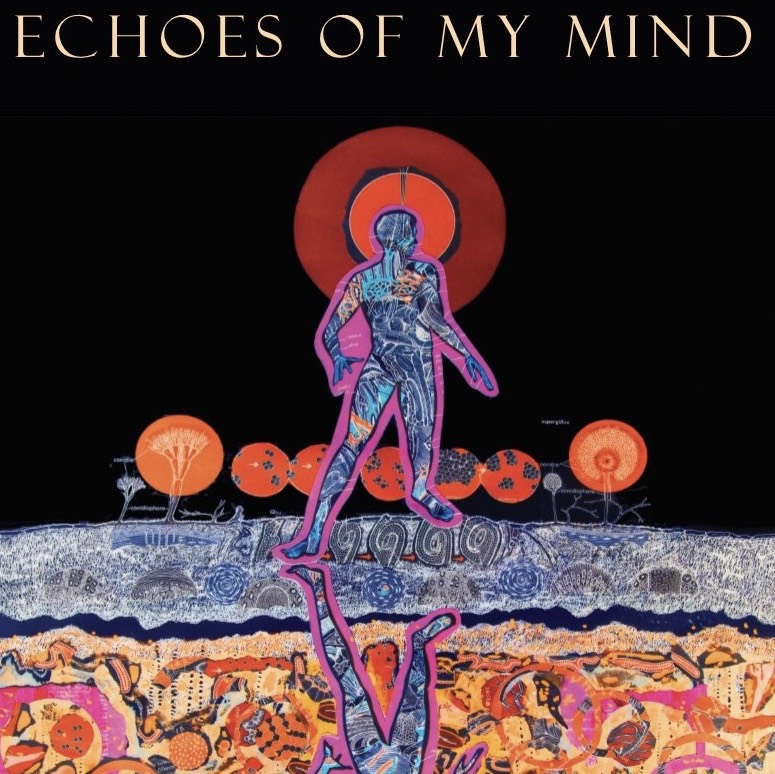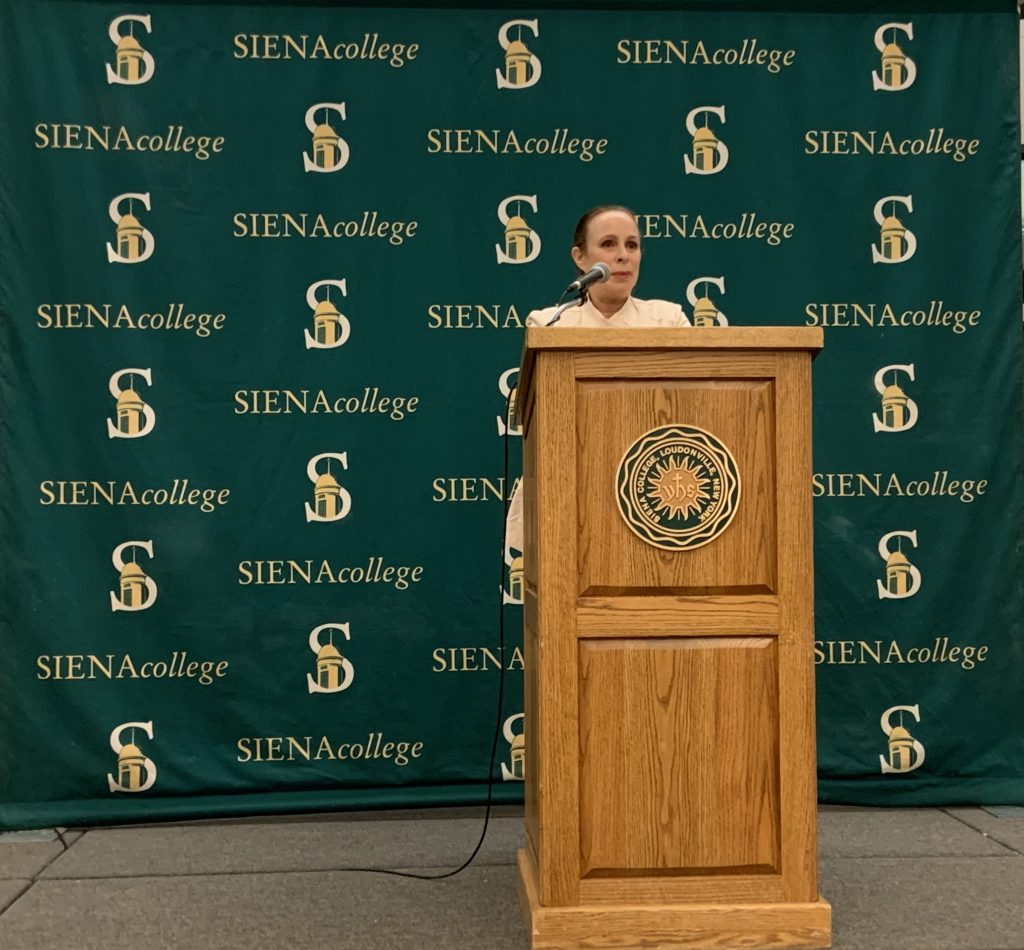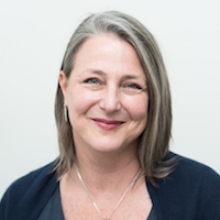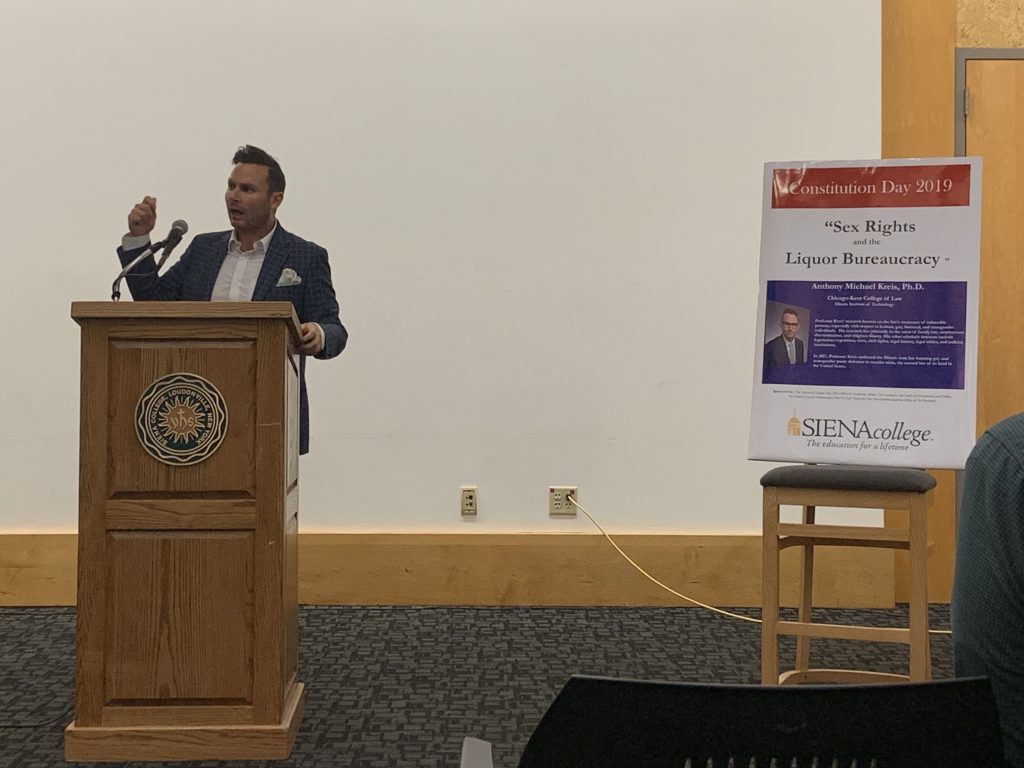
Students have approximately five weeks away from Siena coming up. Yes, that means it will be a month of having to open doors for ourselves.
I cherish my time off from coursework. After losing a decent amount of sleep throughout the semester, I make sure to catch up on all of my rest during the first week of winter break. However, after sleeping for a week straight, I am ready to do everything that I don’t have time for while classes are in session.
With little time to do so during the semester, here are a few ways you can develop your career over winter break:
1. Don’t
I was not joking about sleeping for a week straight. Students spend 15 weeks each semester working diligently to balance courses, jobs, internships, clubs, organizations, sports teams, etc. We NEED to take time to relax on break. Get enough rest, spend time with loved ones, and do whatever else it is that makes you feel at ease. If you want to work on developing your future, you need to first take care of yourself in the present.
2. Volunteer
Organizations are always looking for new volunteers, especially around the holidays. Volunteering can serve as a way to give back to a community or to help the less fortunate. In the process, volunteering can also help you develop skills that are often sought after by employers. Many volunteer positions include collaborating with a team, managing limited time and resources, and communicating effectively to complete a task. Helping out at a local organization this break can help you support those in need while gaining valuable skills and building up your resume in the process.
3. Create or Update your Resume
If you can before break, make an appointment with the Career Education and Professional Development (CEPD) office on CareerSaint. Whether you are making your first resume or just looking to update your existing one, the CEPD office can help! You can take the notes from your appointment home with you and implement them into your resume during break. If you are unable to make an appointment, use the CEPD’s resume section in the 2019-2020 Career Guide as a template for improving your resume from home.
4. Apply for Spring and Summer Internships
One of the most important aspects of preparing yourself for a career is having internships. Internships are a great way to network, learn how to navigate a specific work environment, and to figure out if the career path you are on is right for you. Login into CareerSaint to see what recent postings there are for upcoming positions that spark your interest. Applying for internships can be a little time consuming, depending on the company. Some employers require your resume, a cover letter, a writing sample, a separate application, and more to apply. Completing internship applications during break is a great way to plan for your future career without having the stress of coursework distracting you. Visit the Internship Programs page to learn more about applying for internships.
5. Search for or Apply to Graduate Schools
If you are considering continuing your education, use winter break as a way to get ahead and to get organized! If you are still on the fence about going on to graduate studies, check LinkedIn to see the education level of individuals currently holding the job you want. If you are sure you want to go to grad school, but not sure which school is best for you, try using Peterson’s or The Princeton Review to compare programs! If you are a senior like myself, this break will serve as a time to finally send out applications if you haven’t already. All grad programs are different and can require different materials for applicants to provide. A spreadsheet can serve as a helpful tool to organize what each application requires.
After you have recovered from the demands of the semester, be productive this winter break. You will thank yourself in the future for taking the time to put work into your career goals. Above all else, remember to take care of yourself first this break, Saints!
